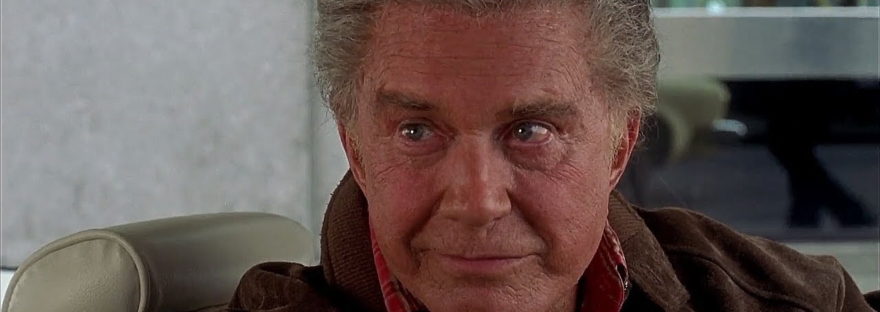Surely you’ve seen enough Spiderman movies to remember Uncle Ben telling his impressionable nephew – shortly before making his final screen exit – that “With great power, comes great responsibility”. While this is undoubtedly true for those with super-powers, it extends to super-songwriters as well.
One Rule to Rule Them All
In fact, I will go so far as to argue – vehemently, just try me – that there is only ONE rule in songwriting. Other schools will lay out many “rules” of songwriting and follow up by mentioning that there will be times when you should break them. But no, I suggest that there is a single rule to songwriting, one that has no exceptions:
AS THE SONGWRITER, YOU ARE ACCOUNTABLE FOR THE REACTION OF YOUR LISTENER.
Sure, you can argue that “I wrote the song, but I wasn’t responsible for the arrangement or the performance”. I’ll give you that, and then I’ll ask you to deliver the song without said arrangement/performance and see if the song is working any better. Here’s the point: when you choose to write the song, you are looking to share a personal experience with everybody. Maybe it’s “I’m so deeply in love, I can’t even believe it”, or perhaps “I want to dance until I can’t move”, or even “nobody has ever hurt me like you’ve hurt me”. Or any number of other possibilities, but the point is this: you want your listeners to understand what you felt when you wrote the song, maybe what you still feel when you share it, and if they don’t feel that same feeling, then your song isn’t doing everything you want it to do. For that, nobody can take responsibility but you. (Those who feel naturally inclined to argue, I’m open to it, but if you just want me to let you off the hook when you haven’t done the work, kindly keep your comments to yourself.)
The more we write songs, the more we come to know that the way we express ourselves in lyrics, melody, harmony and groove are the ways in which we encourage our listeners to feel something. There are a million subtle ways to do that really, really well, and an equal number of ways to fall short of the target. It’s truly a fascinating journey (as much as it’s an emotional rollercoaster ride to create art), one which I’ll be following until the day I can no longer write songs.
So use every songwriter tool at your disposal, learn more every day about writing songs, and each song you write will be stronger and more compelling than the last. There will be times when your audience truly “gets it”, and you will have succeeded in eliciting that desired response. Cherish those moments. They don’t come with every song you’ll write. Remember those moments whenever you discover that another song you’ve written doesn’t yet have everything it needs to draw the same response.
In the end, push yourself to write the best songs you can write. Pay attention to the details, play with the subtleties of words, music, tempo, groove. Do everything in your power to be the Mozart to the Salieri of “Amadeus”, who was left accepting that “I speak for all mediocrities in the world. I am their champion. I am their patron saint.”

Don’t settle for Salieri – channel your inner Mozart. Be Spiderman. And listen to Uncle Ben – “with great power, comes great responsibility”.
(Of course, I’m speaking to the fictionalized persona of Antonio Salieri, as depicted in the play and film “Amadeus”. The real Antonio Salieri was, and still is, greatly respected as a composer and teacher. But he still wasn’t Mozart!)
If you like what you read above, maybe you'd like to work with Allister at Tilted White Shed? Reach out through the Contact Us page.


